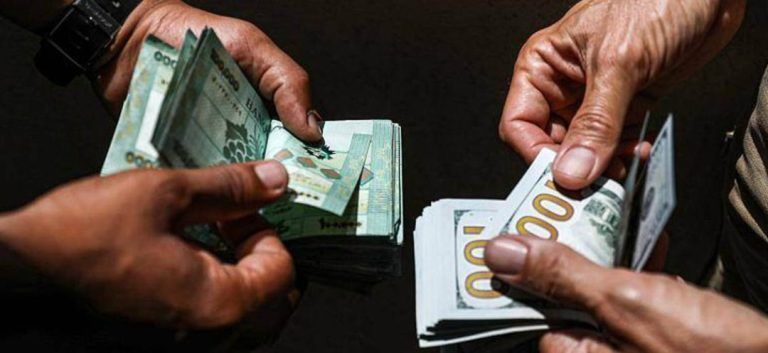
Lebanese economist and columnist Antoine Farah told Huna Lubnan that the Lebanese state bears full responsibility for the misuse of public funds both before and after the financial crisis, noting that what was once unclear prior to the 2019 collapse has now become indisputable.
Farah argued that the state, working hand-in-hand with the Central Bank, was directly responsible for the depletion of funds, stressing that commercial banks played no role in this aspect.
He noted that since Karim Souhaid took over as Central Bank governor, the institution has adopted greater transparency and a more assertive approach to the financial file. The BDL’s balance sheet, he said, now clearly shows Lebanese banks hold claims of nearly $84 billion on the Central Bank.
“Once these liabilities were acknowledged—effectively a form of commercial debt carried by the Central Bank—it became almost absurd to keep debating responsibility,” Farah said. “The financial gap sits squarely at the Central Bank, meaning the state must identify where the money went and how the gap was created.”
As for potential solutions, Farah said discussions are now focused on negotiations between the Lebanese state, the Central Bank, and commercial banks to determine what each can contribute to addressing the shortfall.
He added that applying the principle of legal accountability leaves no ambiguity: the party that misused public funds should bear the costs. In this case, he said, the state is the primary culprit and should therefore shoulder the bulk of the financial gap.
Farah concluded that Lebanon’s economic recovery hinges on the restoration of full state sovereignty and control over decisions of war and peace, alongside the elimination of weapons outside state authority.
“Even if a solution is found to the deposit crisis and the broader financial collapse,” he warned, “the economy will not rebound or attract foreign investment unless the state regains control.”



Comments